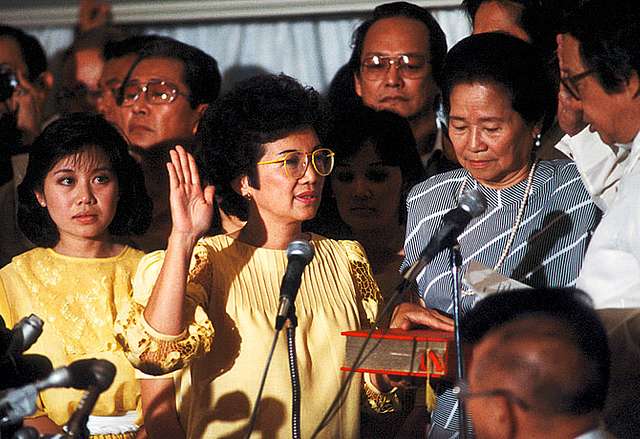On Int’l Women’s Day: Women’s Equality: What will it Take, What will it Yield?

```html
The Power of Parity: How Women's Equality Shapes Global Security
The Genesis of a Movement
International Women's Day, celebrated annually on March 8th, isn't just a date on the calendar—it's a testament to the unwavering spirit of women who fought tirelessly for their rights. Born from the oppressive factory conditions and the denial of voting rights in the early 20th century, the movement gained momentum with 15,000 women marching through New York City in 1908 demanding better pay, shorter hours, and the right to vote.
The seeds of global solidarity were sown in 1910 when Clara Zetkin, a German socialist, brought together women from 17 nations, uniting unions, socialist parties, and working women's groups to advocate for annual recognition of their struggle. Russian women, on the eve of World War I, added their powerful voices to the chorus, campaigning for peace and ultimately sparking the "Bread and Peace" strike in 1917.
A Century of Strides, Yet Miles to Go
Over a century later, significant progress has been made. Women have secured the right to vote, hold office, and are legally recognized as equals. Yet, a stark reality persists: men predominantly hold the reins of political power. The fight continues against persistent pay gaps, endemic violence against women, and restrictions on reproductive rights. Even with increased global activism, women's influence on crucial planetary concerns remains disproportionately low.
Where Women Lead, Peace Follows
However, where women have broken through barriers, the results have been transformative. Research paints a compelling picture: women foster lasting peace when empowered. Political scientists Erica Chenoweth and Maria Stephan's study of resistance movements from 1900-2006 revealed that nonviolent campaigns led by women are twice as effective as violent uprisings.
Chenoweth further emphasizes that women in leadership roles are more adept at maintaining nonviolent discipline during resistance movements against oppressive regimes.
Women's Equality: A Cornerstone of Global Security
Groundbreaking research using the WomenStats database, which analyzes the status of women across 175 countries, has yielded a remarkable discovery: the degree of women's equality within a nation is the most accurate predictor of its peacefulness—surpassing indicators like democracy, wealth, or ethno-religious identity. Astonishingly, the research also shows that democracies with higher rates of violence against women are less stable and more prone to resorting to force over diplomacy.
The Ripple Effect of Women in Power
A global survey of nearly 200 women politicians across 65 countries confirmed the positive impact of women's political participation. They found that women's presence in government increases attention to social welfare, legal protections, and governmental transparency. Furthermore, four-fifths of respondents believe that women in government restore public trust.
Echoing this sentiment, a separate citizen survey across 24 countries found a majority agreeing that policies would improve with greater representation of women, individuals from lower socio-economic backgrounds, and young people in office.
The underrepresentation of women in high-level government positions and international bodies like the United Nations deprives the world of their crucial contributions to global security.
Kofi Annan, former UN Secretary-General, eloquently captured this truth: "There is no policy more effective in promoting development, health and education than the empowerment of women and girls…and no policy is more important in preventing conflict or in achieving reconciliation after a conflict has ended.”
The pursuit of true equality, where women share power with men at all levels, holds the key to a more secure and prosperous future for all.